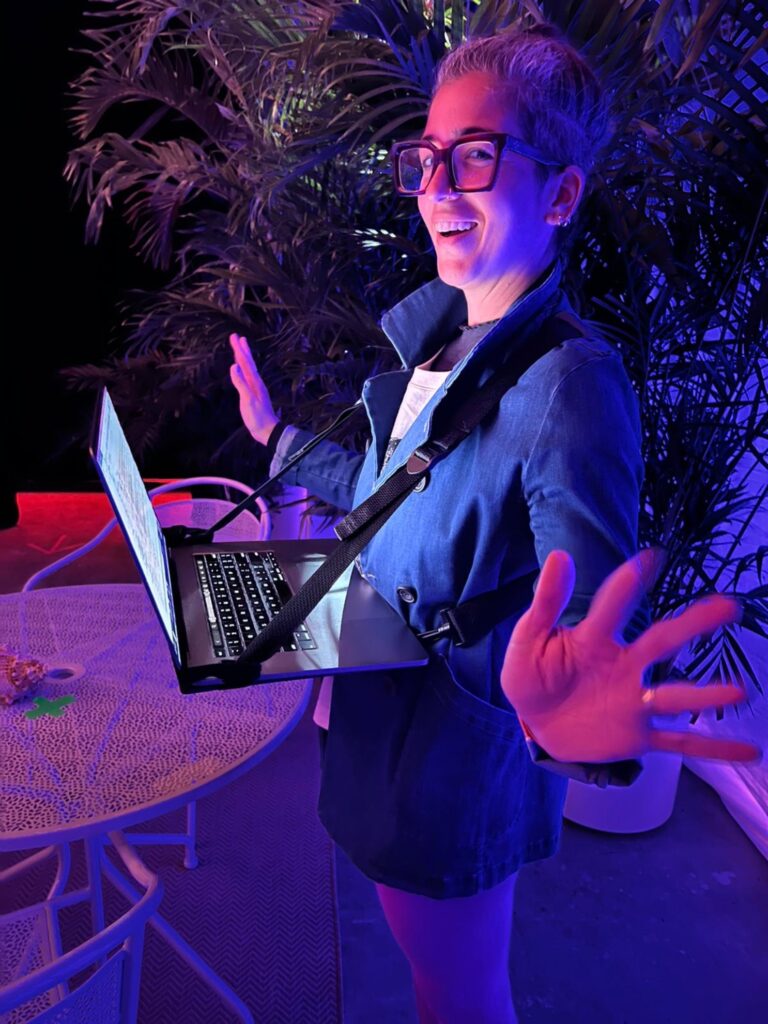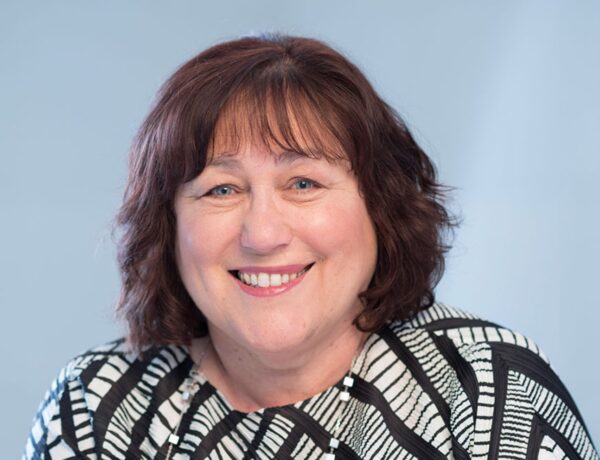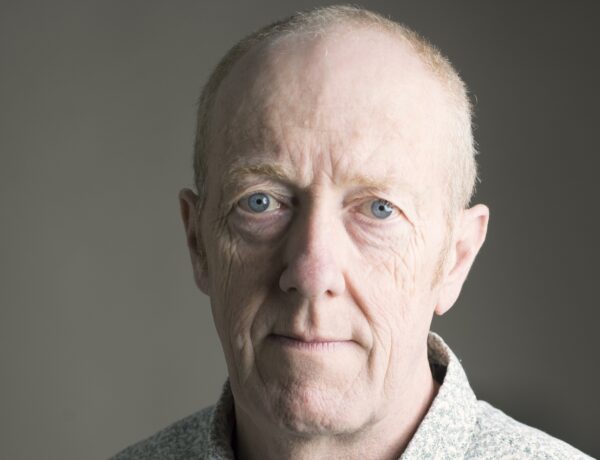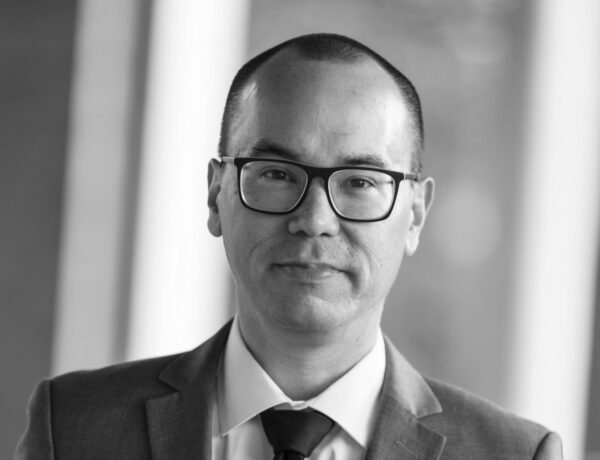Vanessa Garcia is a Cuban-American multidisciplinary writer – screenwriter, playwright, novelist, and journalist/essayist – who has written and worked for Sesame Street, Caillou, We Are Family, and Dora the Explorer.
She’s the author of the novel, White Light, which won an International Latino Book Award and was one of NPRs best books of 2015. Her first picture book for children, What the Bread Says, launches October 2022.
Theatrically, her work has been produced around the world. She’s the author of The Amparo Experience, an immersive hit that People en Español called “Miami’s Hottest Ticket.” Other plays include: Sweet Goats & Blueberry Señoritas, which she co-wrote with Richard Blanco, and #Graced.
As well as her radio play, Ich Bin Ein Berliner, about the fall of the Berlin Wall and what it meant to her. Her journalism, essays and thought pieces have appeared in The LA Times, The Guardian, The Washington Post, National Review, ESPN, The Hill, Catapult, Narrativel.ly, and numerous other publications.
Looking for inspiration to help you achieve your writing goals? Subscribe to our newsletter for exclusive insights into the routines, habits, and techniques of some of the most celebrated authors in history.
Hi Vanessa, welcome to Famous Writing Routines! It’s great to have you here with us today. How did growing up as a Cuban-American influence your writing, and specifically your 2015 novel, White Light?
Growing up Cuban-American – it’s who I am. The way my characters think and speak, when they are Cuban, like Veronica is in White Light, it’s all Cuban. And to be clear, it’s not “maracas,” it’s the real thing. So someone might not notice it at first. Because that’s where the American part comes in – the other side of the hyphen.
It’s not what some people superficially think of as Cuban, it’s the real thing. And that’s what I am for all the time: truth. Authenticity. Not what is called up to “perform” diversity or perform my ethnicity – I’m not going to do that for you and neither are my characters because I’m not a dog. Even the characters I write that actually perform (for my plays) – they are going to the root.
You’ve had a lot of success as a screenwriter and playwright, what inspired you to write a novel and what was that experience like compared to your other work?
Writing novels was my first love. They take a long time so they came out after some of my plays and I’m working on another one right now. But I wrote novels before I wrote plays and TV. All my friends were actors and/or directors and they would ask me for material and I would write it. That’s how I got into TV and film. But, before any of that, it was me, alone at my computer writing a novel.
The first one I wrote was when I was around 17, 18 years old. It was called Adam & Eve Revisited. It’s in a drawer somewhere. Then I wrote another one that’s in a drawer that was super complex and I hope maybe to go back to it someday when people trust me more (because it really messes with form). That one is called Midway Mozart.
In any case, by the time my first novel came out, it was actually my third. That’s the way it works, the others teach you to write the one that comes out. Novel writing is different in that it’s more your time with a universe that you are building. You are always working on it, even when you aren’t – but that’s the same with everything I write.
What the Bread Says came out in October 2022. What inspired you to write a children’s book and what can readers expect from this story?
I wrote the book in 2016, before I had kids and it took a minute before it went out into the world. I decided to write it as a kids book because the book is about how my grandfather taught me to bake bread while telling me the family story. And at the moment when he started to do that I was around four years old – I wanted the book to read to that age group too. It reads to 3-7 year olds. And I love that.
Also, my kids love the book – that’s my toughest audience, so that thrills me. One thing I would say is that this is the beginning. I hope to write more about this story (my grandfather’s – he escaped three tyrannies: Franco, Hitler, and Fidel Castro) for adults as well. Just as I hope to continue to write for kids in the future on other subjects. In fact, I’m baking up a few ideas as we speak!
How did your experiences baking bread with your grandfather shape the book?
They absolutely shaped the book. My grandfather taught me to make bread and while we waited for the dough to rise or set and bake, he told stories. Stories, as the book says, swam through the kitchen. Story and food are connected for me. I am Cuban after all (wink).
The book has been described as celebrating “the resilience of the human spirit.” Can you expand on this and why you believe it’s important?
Yes! My grandfather, as I mentioned above, survived three tyrannies. He fled Franco in Spain by crossing the Pyrenees Mountains on foot when he was 13 and his brother was 15. He made it to France, was put in foster care, then Hitler comes and he escapes on a ship with Jewish kids fleeing for their lives.
He makes it to Ellis Island and tells officials that he’s Cuban, not Spanish and he’s sent to Cuba with his brother Pedro where he makes a life and then, Fidel Castro comes and takes it all, all of it. And almost takes his life and his brothers. His brother was imprisoned as a political prisoner for trying to stop the tyranny that came with the Castro regime.
You could take that life and be a miserable person and say: people are bad. He didn’t – my grandfather was pure joy! He rebuilt a life and worked for Avis, renting cars, and all the while he read his two to three newspapers in the morning, devoured books, took me to readings, taught me Shakespeare at 10, and we made projects together and we sang together and we baked together and I miss him so much.
He was and is hope. He is light. He, like so many other Cuban Americans, is resilient. Pure resilience. I do think the world still doesn’t understand this diaspora. But I’m not complaining, it’s my responsibility to tell this story!
Do you struggle to stay focused while writing? You’re not alone! That’s why Famous Writing Routines recommends Freedom – the ultimate app and website blocker for Mac, Windows, Android, iOS, and Chrome. With over 2.5 million users, Freedom helps writers stay on task and avoid distractions. Get started for free today and reclaim your productivity!
Can you walk us through your creative process? What does a typical writing day typically look like for you?
No day is typical. It used to be that I woke up at 5am or 6am to write for a few hours and then by 9am I was doing the “selling” of writing. But now, I write sometimes at 3am, when everyone in the house is asleep, or I write in my car, and before and after rehearsal and in rehearsal (because new work is like that), and get away to do it too.
I’ll rent a place for a week to write, bring my kids. Lock myself in a room for hours at a time, I do that too. I write everywhere. I write all the time. When I can and where I can. It’s like eating. Sometimes we eat breakfast, lunch, and dinner, and sometimes we just have time for one big meal, and sometimes it’s breakfast and a small dinner. You know what I mean? But, it’s what I do.
If you could have a conversation with an author throughout history about their writing routine, who would that person be and why?
Hmmm. Jose Martí.
I’d love to know about the books you’re reading at the moment. What have been some of your favorite reads?
Right now I’m reading Quentin Tarantino’s Cinema Speculation. I am also revisiting Homeland Elegies by Ayad Akhtar and reading a new book about the Pedro Pan Operation (which is what a lot of my new work is about) called Operation Pedro Pan: the Migration of Unaccompanied Children from Castro’s Cuba. I was also lucky enough to read an advance copy of Zoe Valdes’ most recent book called A Greek Love. It’s a novella. Yocandra in the Paradise of Nada by Valdes also was one of my favorite books growing up. As was anything by Reinaldo Arenas.
What does your current writing workspace look like?
It looks like a computer attached to my hip. Like my car. A messy desk. My kitchen table.

Affiliate disclaimer: Some links on this website are affiliate links. We may earn a small commission if you make a purchase through these links, but only promote products we truly believe in. We disclose affiliate links and give honest reviews.



No Comments